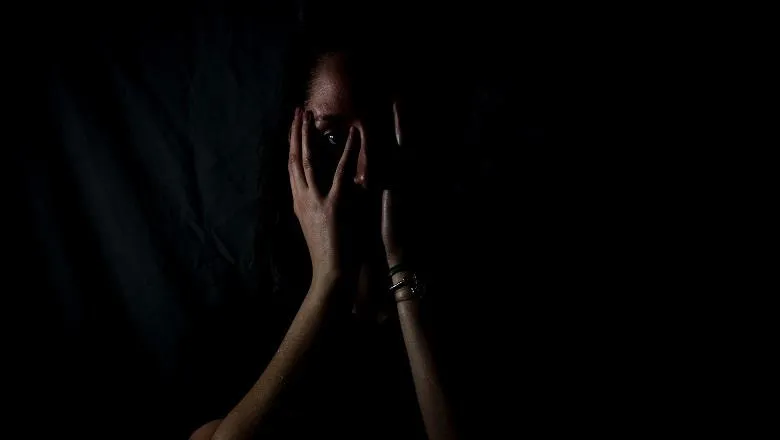“At the moment, there is no agreement about which outcomes are the most important for the recovery of people who went through modern slavery, so it’s difficult to understand what policy and support interventions work best and for whom. The Modern Slavery Core Outcome Set will provide a standard that all interventions should be measured against, supporting improvements to survivor care."
Dr Sian Oram, King's IoPPN
08 September 2021
King's to lead new research project into modern slavery
Dr Sian Oram will lead a new project aimed at establishing what the successful support of survivors of modern slavery look like.

Dr Sian Oram, Head of the Section of Women’s Mental Health and Senior Lecturer in Women's Mental Health at King’s IoPPN, will lead a new project aimed at establishing what the successful support of survivors of modern slavery look like.
The Modern Slavery and Human Rights Policy and Evidence Centre (the Modern Slavery PEC) has announced five new innovative research projects from its call for research on survivor support and recovery.
The projects will aim to fill gaps in evidence on the best ways to improve the current support systems for children and adults with lived experience of modern slavery so that it supports them in short and long-term recovery and fulfilling their full life potential.
The research funded in this call aims to cover a range of areas key to improving the policy response in the UK for survivor care, with three projects looking at adults and two at children affected by modern slavery practices. For adults, this includes projects on survivors’ mental wellbeing, improving support for British nationals and establishing a set of core short and long term outcomes for survivors. For children, they’re set to improve participation and outcomes and examine best practice based on the example of the Scottish Guardianship Service.
Dr Oram’s project will aim to establish a shared understanding of what “success” look like for survivors of modern slavery who access support services. Her team, working alongside colleagues at the Rights Lab at the University of Nottingham, will aim to build consensus on the core outcomes and indicators of recovery from the perspectives of survivors, practitioners, researchers, and policymakers. Researchers and professionals can then agree to collect data on the same outcomes and indicators to compare the effectiveness of different programmes and services.
Modern slavery is an umbrella term for practices in which people are trapped, controlled and exploited in situations they can't escape because of threats, violence, or someone taking advantage of their vulnerability. It includes practices such as human trafficking, forced labour, domestic servitude, sexual exploitation or exploitation for criminal activities.
Modern slavery affects estimated millions worldwide and tens of thousands in the UK. In the UK, there were 10,613 individuals referred in 2020 as “potential victims of modern slavery and human trafficking” to the National Referral Mechanism, a framework for identifying people affected and referring them to relevant support services. Approximately half of referrals were for adults and half for children; with the UK, Albania and Vietnam the three most common nationalities to be referred. The most common type of exploitation for adults is labour exploitation and criminal exploitation for minors.
You can find out more about modern slavery by visiting the Modern Slavery PEC website.
For more information, please contact Patrick O’Brien (Senior Media Officer)

